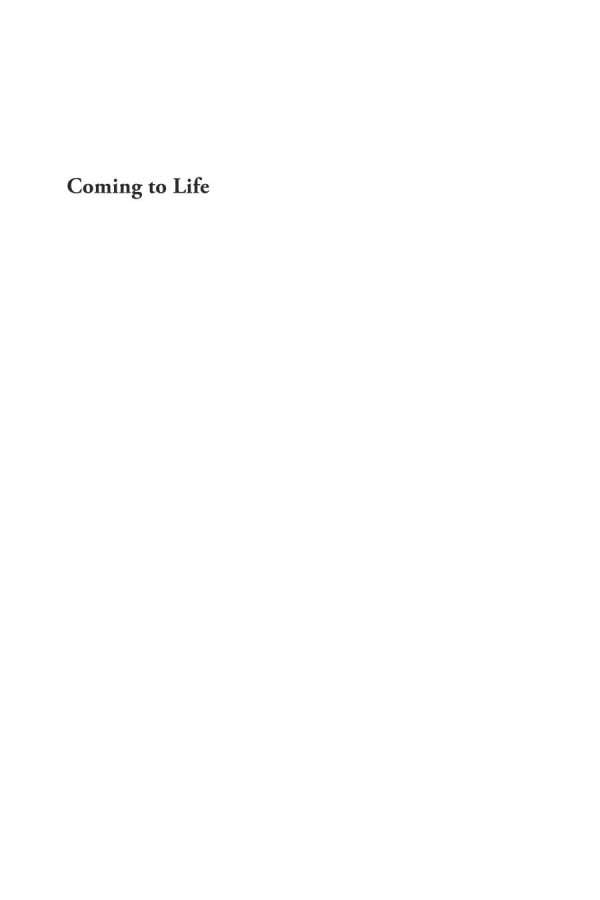

Most ebook files are in PDF format, so you can easily read them using various software such as Foxit Reader or directly on the Google Chrome browser.
Some ebook files are released by publishers in other formats such as .awz, .mobi, .epub, .fb2, etc. You may need to install specific software to read these formats on mobile/PC, such as Calibre.
Please read the tutorial at this link: https://ebookbell.com/faq
We offer FREE conversion to the popular formats you request; however, this may take some time. Therefore, right after payment, please email us, and we will try to provide the service as quickly as possible.
For some exceptional file formats or broken links (if any), please refrain from opening any disputes. Instead, email us first, and we will try to assist within a maximum of 6 hours.
EbookBell Team

0.0
0 reviewsComing to Life: Philosophies of Pregnancy, Childbirth and Mothering is a superlative collection of essays that does what too few scholarly works have dared: it takes seriously the philosophical significance of women’s lived experience. Every woman, regardless of her own reproductive story, is touched by the often restrictive beliefs and norms governing discourses about pregnancy, childbirth and mothering. Thus the concerns of this anthology are relevant to all women and central to any philosophical project that takes women’s lives seriously. In this volume 16 authors- including both established feminists and some of today’s most innovative new scholars- engage in sustained reflection on the experiences of pregnancy, childbirth and mothering, and on the beliefs, customs, and political institutions by which those experiences are informed. Many of the topics in this collection, though familiar, are here taken up in a new way: contributors think beyond the traditional pro-choice/pro-life dichotomy, speak to the manifold nature of mothering by considering the experiences of adoptive mothers and birthmothers, and upend the belief that childrearing practices must be uniform despite psycho-sexual differences in children. Many chapters reveal the radical shortcomings of conventional philosophical wisdom by placing trenchant assumptions about subjectivity, gender, power and virtue in dialogue with women’s experience. The volume is diverse both in its content and in its scholarly approach; certain of the essays are informed by their authors’ own experiences, others draw from extant narratives; many engage such canonical thinkers as Plato, Aristotle, Nietzsche and Heidegger, while others draw from the works of contemporary feminists including Sara Ruddick, Iris Marion Young, Virginia Held, Julia Kristeva and Luce Irigaray. All readers, regardless of their philosophical training and commitments, will find much to appreciate in this volume.